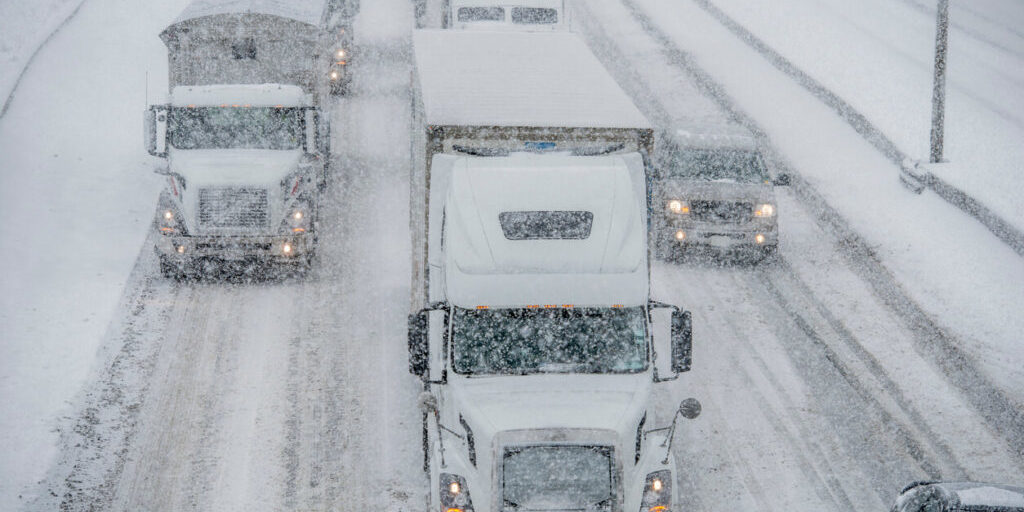Driving in the winter can be a dangerous task. After all, the days are shorter and temperatures can drop well below freezing. The risks of driving in freezing temperatures are well known and accidents up and down the country become more and more common. There’s no wonder why really, considering there’s much less grip and most engines are a far cry less efficient.
One of the biggest risks around winter driving however is not the conditions or cold at all. Instead, many of the incidents that occur in the winter come from poorly maintained vehicles. A HGV that has had little yearly maintenance may find itself drastically under-equipped and extremely prone to mechanical failure. After all, hundreds of accidents every year are caused by engine or brake failures that have nothing to do with the driver’s ability or mistakes. An engine issue, for example, can be costly on the roads and especially when stopping distances are smaller and the visibility is poor.
It’s clear then that drivers and fleet management should ensure that the HGVs within the company are all marinated impeccably. After all, if the vehicles are well looked after it will drastically decrease the chance of accidents which helps to keep the drivers safe and warm in those winter months. So, how can you maintain your trucks for the cold weather?
Checks tyre pressures
It goes without saying really that one of the most vital aspects of a modern-day HGV is the tyres. After all these vehicles are transporting huge loads and stopping this cargo on an icy road is no easy task. A set of well-maintained tyres will drastically increase the stopping ability of your trucks and help protect a driver in an emergency situation. What’s more, a truck with new tyres fitted will handle far better and this is imperative in poor conditions.
Keep your fuel tank full
For many of us who spend a lot of time driving one of our biggest fears is running out of fuel. After all, it can cost a huge amount of money to repair the damage made by running on fumes. In the winter months, however, this issue becomes even more serious as breaking down with no fuel in the cold can lead to severe health risks for the driver and passengers.
There are also some mechanical issues with running on low fuel in the winter. The extra space in the tank means that condensation can build up. This condensation will mix with the fuel and make the engine far less efficient.
If you need to prep your HGV for winter with a professional service or repair then look no further than Transcare. Our friendly staff can guide you through all of the services we offer, just contact us today!








